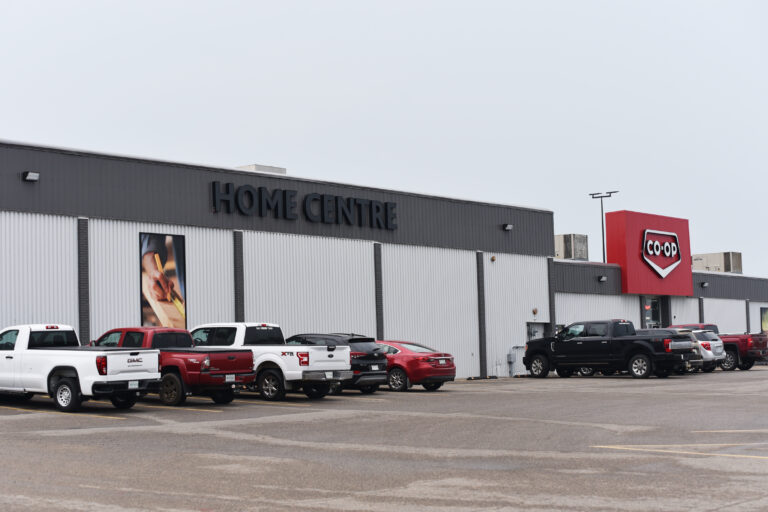
Susan McNeil, L.J.I. reporter
Prince Albert Daily Herald
When former chief of the Muskoday First Nation Herman Crain overheard two staff and a customer making disparaging remarks at Lake Country’s Co-op’s hardware store on July 17, he was “angry and frustrated”.
Crain said an apology posted by the Co-op on their Facebook page doesn’t go far enough. He would like to see the Co-op offer reconciliation training to all staff along with a broader apology.
“I informed them that wasn’t good enough,” said Cain. “The comments I heard weren’t directed at me, but they were directed at all Indigenous people from what I could gather.”
What Crain heard was a discussion on the recent discovery of graves at multiple former residential schools in Canada, and the issue of missing and murdered Indigenous women and girls. In a Facebook post a day afterwards, Crain wrote that a customer told Co-op staff Indigenous people were going around looking for pity.
Lake Country Co-op issued an apology on their own Facebook page on July 22.
“The opinions expressed during this conversation do not represent the opinions of Lake Country Co-op,” the post reads. “Lake Country Co-op does not tolerate racial insensitivity. Our organization has policies in place to combat harassment and discrimination. An investigation is currently underway and the disciplinary process will be followed according to the details of the investigation.”
It goes on to say; “Lake Country Co-op believes in working together to build healthy and vibrant communities and values the many positive relationships that we have developed with First Nations communities and partners. Lake Country Co-op wishes to offer a sincere apology to all First Nations people. We acknowledge the pain, suffering and trauma that First Nations people have endured.”
Crain is not under any illusion that this was an isolated incident and says similar incidents may have happened before and could happen again.
“I liked the message they gave on that post, but not all Indigenous people are on Facebook,” he said. “If their intention was genuine, I think there were many other ways they could have done that. It would have had much more of an impact.”
Crain said the staff were aware that he and his wife were in the store as they made direct eye contact with him.
“There were two staff and a customer. It was a two-way discussion,” he said. “What bothered me the most was not necessarily the customer’s opinion, because he’s entitled to that. It was the staff members that were casually involved in the discussion knowing full well that I wasn’t far away.”
During the approximately 10 minutes Crain and his wife were at the store, no staff made an attempt to see if they needed any help.
“It was the word’s, the customer said then they go around saying poor me, feel sorry for me, pity me. Those were his words,” Crain explained. “He was stating that as Indigenous people, these horrible things are happening, and we want pity?”
He said they are not looking for pity, and that’s why he would like to see some training in reconciliation and in cultural sensitivity for the staff at Co-op and any business that has similar issues.
“They should be made aware of the history of residential schools. The history of murdered and missing aboriginal women, the 60s scoop – all of those bad things. Maybe their opinions would change.”
Lake Country said in a comment on August 3 that they are looking into training for staff members that would help address Crain’s concerns.
As for Crain, he also points out that the aboriginal community comprises a large part of the economic health of the city.
Of the 34,000 in the 2016 official census, 14,545 have aboriginal identity and that does not take into account the large numbers of people from Northern Saskatchewan that shop in the city regularly.
“I want the business community to know that as Indigenous people we have money, we like to shop and we would like to be treated as a customer first as opposed to an Indigenous person,” Crain said. “Too many times we are viewed as an Indigenous person first as opposed to a customer. Not all businesses, but definitely enough to make it a concern to me that I decided that day, that afternoon, I wasn’t going to accept that. We have to start challenging. We have to start pushing back.”
